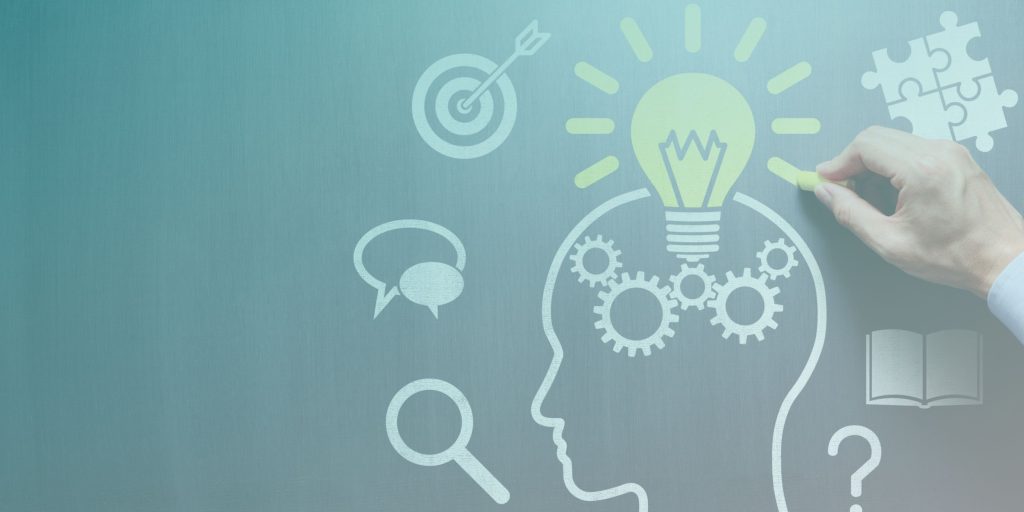Knowledge acquisition and Academic performance are two interrelated concepts that significantly influence a student’s educational journey. While academic performance typically refers to the measurable outcomes of a student’s educational efforts—such as grades, test scores, and overall achievements—knowledge acquisition encompasses the process of gaining, understanding, and applying information and skills. This relationship is symbiotic; strong academic performance often facilitates deeper knowledge acquisition, while effective knowledge acquisition can lead to improved academic outcomes. This exploration delves into the dynamics of this relationship, examining how they influence one another, the factors that affect them, and strategies for enhancing both.
Understanding Academic Performance

Definition and Measurement
Academic performance is often quantified through various metrics, including:
- Grades: The most common measure, reflecting a student’s understanding of the material.
- Standardized Tests: Assessments designed to evaluate a student’s knowledge in specific subjects relative to a larger population.
- Class Participation and Engagement: Indicators of a student’s involvement in the learning process.
These metrics provide a snapshot of a student’s abilities and efforts, but they do not always capture the full extent of a student’s knowledge or potential.
Factors Influencing Academic Performance
Several factors can influence academic performance, including:
- Motivation: A student’s intrinsic and extrinsic motivations can significantly impact their engagement and effort in academic tasks.
- Study Habits: Effective study strategies, time management, and organizational skills contribute to better performance.
- Support Systems: Access to resources such as tutoring, mentoring, and family support can enhance academic outcomes.
- Learning Environment: A conducive learning environment, including classroom dynamics and physical space, plays a crucial role in a student’s success.
Knowledge Acquisition: A Deeper Dive
Definition and Process
Knowledge acquisition refers to the process through which individuals obtain, retain, and utilize information. This process includes:
- Cognitive Engagement: Actively processing information through critical thinking, analysis, and synthesis.
- Experiential Learning: Gaining knowledge through hands-on experiences, practical applications, and real-world interactions.
- Reflection: Evaluating and integrating new knowledge with existing understanding, which enhances retention and application.
The Importance of Knowledge Acquisition
Knowledge acquisition is essential for several reasons:
- Foundation for Future Learning: A solid base of knowledge enables students to tackle more complex concepts and subjects.
- Critical Thinking Skills: Engaging with knowledge fosters critical thinking, problem-solving, and analytical skills.
- Lifelong Learning: The ability to acquire and apply knowledge is crucial in a rapidly changing world, where continuous learning is necessary for personal and professional growth.
The Symbiotic Relationship
How Academic Performance Enhances Knowledge Acquisition
- Motivation and Confidence: High academic performance can boost a student’s confidence and motivation, encouraging them to engage more deeply with the material. When students see positive results from their efforts, they are more likely to pursue additional knowledge.
- Access to Resources: Students who perform well academically often gain access to advanced courses, extracurricular activities, and enrichment programs that further enhance their knowledge acquisition.
- Positive Feedback Loop: Successful academic performance can create a feedback loop where students are rewarded for their efforts, leading to increased engagement and further academic success.
How Knowledge Acquisition Improves Academic Performance
- Deeper Understanding: When students actively engage in the process of acquiring knowledge, they develop a deeper understanding of the material, which translates to better performance on assessments and assignments.
- Application of Knowledge: Knowledge acquisition equips students with the tools to apply what they have learned in various contexts, enhancing their problem-solving abilities and performance in different subjects.
- Critical Thinking and Analytical Skills: As students acquire knowledge, they develop critical thinking skills that enable them to analyze and synthesize information, leading to improved performance in academic tasks that require higher-order thinking.
Factors Affecting the Relationship
Individual Differences
- Learning Styles: Different students have varied learning preferences (visual, auditory, kinesthetic), which can influence how they acquire knowledge and perform academically. Understanding individual learning styles can help tailor educational approaches to enhance both performance and knowledge acquisition.
- Cognitive Abilities: A student’s cognitive abilities, such as memory capacity and processing speed, can affect their ability to acquire and retain knowledge, ultimately impacting academic performance.
Environmental Influences
- Socioeconomic Status: Students from higher socioeconomic backgrounds often have access to more resources, support systems, and enrichment opportunities, which can enhance both academic performance and knowledge acquisition.
- Cultural Factors: Cultural attitudes towards education, learning, and knowledge can shape students’ motivations and approaches to academic performance and knowledge acquisition.
Educational Practices
- Teaching Methods: Instructional strategies that promote active learning, collaboration, and critical thinking can enhance knowledge acquisition and, in turn, improve academic performance.
- Assessment Practices: Formative assessments that provide feedback and encourage reflection can support knowledge acquisition, leading to better academic outcomes.
Strategies for Enhancing Academic Performance and Knowledge Acquisition
1. Active Learning Techniques
Encouraging students to engage actively with the material can enhance both knowledge acquisition and academic performance. Techniques include:
- Group Discussions: Collaborative learning fosters critical thinking and allows students to share diverse perspectives.
- Hands-On Activities: Experiential learning through projects, experiments, and simulations can deepen understanding and retention of knowledge.
2. Effective Study Habits
Teaching students effective study strategies can improve their academic performance and facilitate knowledge acquisition. Key strategies include:
- Time Management: Encouraging students to create study schedules can help them allocate sufficient time for each subject and reduce stress.
- Note-Taking Techniques: Teaching methods such as the Cornell note-taking system or mind mapping can enhance information retention and understanding.
3. Support Systems
Establishing strong support systems can significantly impact academic performance and knowledge acquisition. Strategies include:
- Mentorship Programs: Pairing students with mentors can provide guidance, encouragement, and additional resources for academic success.
- Tutoring Services: Offering tutoring can help students who struggle with specific subjects to improve their knowledge and performance.
4. Fostering a Growth Mindset
Encouraging a growth mindset—believing that abilities can be developed through dedication and hard work—can positively influence both academic performance and knowledge acquisition. Strategies include:
- Positive Reinforcement: Recognizing effort and progress rather than just outcomes can motivate students to engage in the learning process.
- Resilience Training: Teaching students how to cope with setbacks and view challenges as opportunities for growth can enhance their overall learning experience.
Conclusion
The relationship between academic performance and knowledge acquisition is indeed symbiotic, with each influencing and enhancing the other. Strong academic performance can foster deeper knowledge acquisition, while effective knowledge acquisition can lead to improved academic outcomes.
Understanding the dynamics of this relationship is crucial for educators, students, and policymakers alike. By recognizing the factors that influence both academic performance and knowledge acquisition, stakeholders can implement strategies that enhance both aspects of education.
Ultimately, fostering an environment that promotes active learning, effective study habits, and a growth mindset can lead to greater academic success and a lifelong love of learning. As we navigate the complexities of education in the 21st century, prioritizing the interconnectedness of academic performance and knowledge acquisition will be essential for preparing students for a rapidly evolving world.
Read Also About Developing good study habits is key to academic success and personal growth. Effective study habits help students retain information, manage their time efficiently, and reduce stress during exams and assignments.

